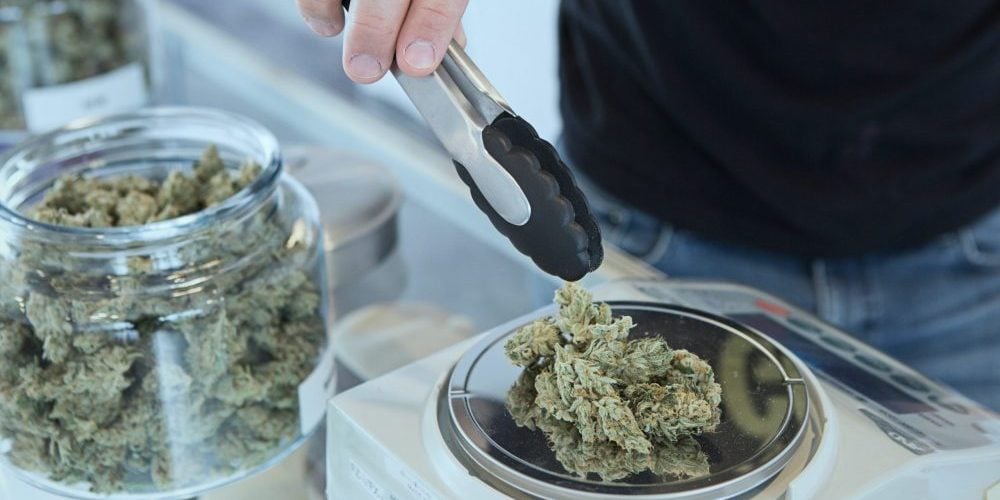Tax challenges for cannabis businesses

On June 22, Connecticut jointed 17 other states and District of Columbia in legalizing the use of recreational cannabis. Additionally, 36 states now allow for the medical use of cannabis products. For many entrepreneurs and investors, the new world of legal marijuana presents an attractive business opportunity. What must be kept in mind, however, is that despite the trend towards legalization at the state level, marijuana remains illegal under federal law. As a result, marijuana businesses are subject to an adverse federal tax rule which can have a significant impact on their bottom lines, and put them at a considerable disadvantage relative to other commercial enterprises.
Adverse Internal Revenue Code Section 280E
Usually, a business is permitted a tax deduction for ordinary and necessary expenses such as rent, employee salaries, insurance, and advertising. What’s different for marijuana businesses is Sec. 280E of the Internal Revenue Code, which states:
No deduction or credit shall be allowed for any amount paid or incurred during the taxable year in carrying on any trade or business if such trade or business (or the activities which comprise such trade or business) consists of trafficking in controlled substances (within the meaning of schedule I and II of the Controlled Substances Act) which is prohibited by Federal law or the law of any State in which such trade or business is conducted.
continue reading »
